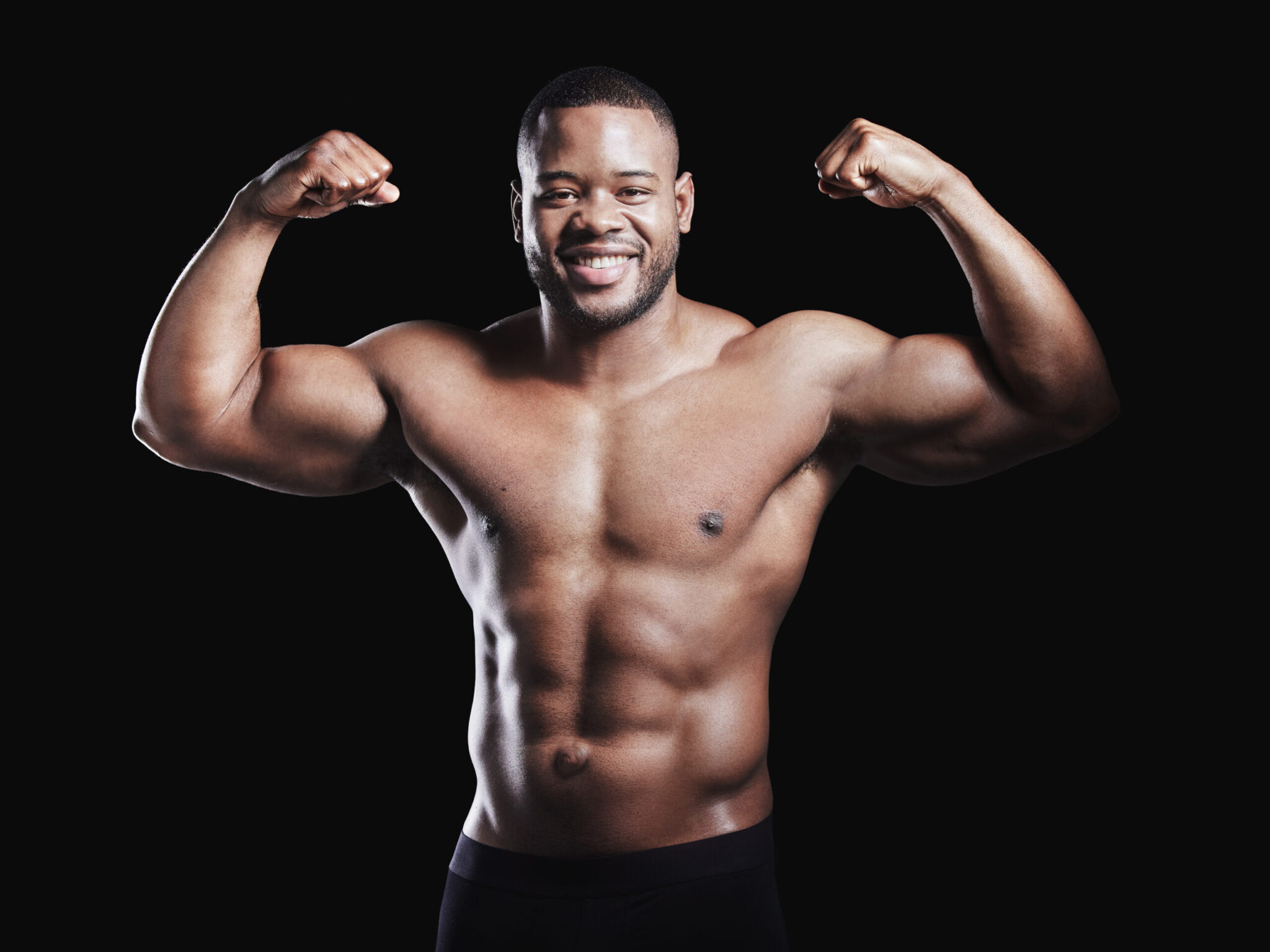Men with low testosterone have usually found that TRT transforms their lives. TRT is popular because it improves energy levels, builds muscle, enhances mood, and promotes sexual health. Nevertheless, most men do not consider the impact of TRT on fertility. Although TRT is used to correct low testosterone, it may also halt the production of sperm. It implies that men may experience fertility issues that are either temporary or that persist over periods of years.
More men started using TRT in 2025 to stay healthy and fight aging. This made keeping fertility safe very important. The good news is that new medical treatments help men use hormone therapy while still being able to have kids. You might want to start a family soon or just keep your options open for later. Either way, you need to know how TRT changes fertility and what treatments work.
This guide explains how TRT and fertility work together, provides ways to prevent problems, outlines medicines that can help, and highlights how specialised clinics, such as The KIF, can help men manage this treatment with confidence.
Don’t Wait, Reclaim Your Vitality – Click here to Book Your TRT Consultation Now!
Key Reasons TRT May Affect Fertility
External testosterone from TRT often breaks down natural hormone signals in the body through the HPG axis. This breakdown can stop sperm production completely in some cases. Knowing why this happens helps you protect your fertility during TRT.
1. Suppression of LH and FSH
Your brain makes less LH and FSH when you add synthetic testosterone to your body. Your testicles need these hormones to make sperm properly. Without enough LH and FSH, your testicles can't work right. TRT tricks your body into thinking it has enough testosterone already. This makes your body stop making its testosterone and leads to very low sperm counts or no sperm at all.
2. Reduced Intratesticular Testosterone
TRT makes testosterone levels higher in your blood but lower inside your testicles. Proper functioning of sperm requires high local testosterone in your testicles. When there is not enough testosterone in the testicles, the process of producing sperm fails to work effectively. This creates fertility problems for men who use TRT for long periods.
3. Shrinkage of Testicular Volume
Some men on TRT notice their testicles get smaller because natural activity decreases. Smaller testicles typically indicate lower internal testosterone levels and fewer sperm being produced. You can often fix this problem, but it worries men and shows that therapy is causing fertility issues.
4. Long-Term HPG Axis Disruption
The longer you use TRT, the more difficult the process of getting back the natural production of testosterone in your body will be. When the HPG axis remains suppressed excessively, recovery of fertility after withdrawal of TRT is hard except with special medical treatment such as hCG or clomiphene citrate.
5. Delayed Sperm Recovery Post-TRT
When one quits using TRT, it may take months and years before the sperm count returns fully. In some cases, it fails to restore to normal. The natural recovery of fertility depends on one's age, dose of TRT, duration of usage, and genes. That is why the pre-planning of the treatment by TRT is so important.
Treatment Options to Maintain Fertility While on TRT
Many men think testosterone therapy means giving up their chance to have children. This is not true anymore. New medical treatments and custom treatment plans let men keep making healthy sperm while raising their testosterone levels. You might want kids soon or many years from now. Knowing the right treatments helps keep your ability to have children safe.
These are the best treatment options to maintain fertility while on TRT:
1. hCG (Human Chorionic Gonadotropin) Injections
hCG works like LH, telling your testicles to produce testosterone naturally. Taking hCG with TRT stops testicles from shrinking and keeps sperm production going. Many men who care about fertility add hCG to their TRT plan to avoid shutting down natural hormones. You usually inject hCG two or three times each week. Doctors adjust the dosage based on your lab test results and fertility goals.
2. Enclomiphene Citrate
Enclomiphene is a SERM that helps your body release more LH and FSH, which are needed to make sperm. TRT alone can shut down the HPG axis, but enclomiphene keeps it working. This medicine works great for men who want higher testosterone while keeping or improving their fertility. Doctors use it alone or combine it with TRT in special cases.
3. Clomiphene Citrate (Clomid)
Clomid is another SERM that doctors give to men worried about fertility. It stimulates the pituitary gland to produce more LH and FSH. This increases both testosterone production and sperm count. Clomid comes in pills with low doses and gives you an option besides injections like hCG. Young men who want better testosterone levels without committing to lifelong TRT often benefit from Clomid.
4. Gonadotropin Therapy (FSH + hCG)
Complex cases sometimes need both FSH and hCG together to start sperm production effectively. Doctors use this approach for men with low sperm counts or men who already have suppression from TRT. Specialists oversee this treatment protocol, and it gives strong results for men actively trying to have children while using testosterone therapy.
5. Sperm Cryopreservation (Freezing Sperm)
Men who want to be safe can bank their sperm before starting TRT. Sperm freezing ensures you have good samples available if natural conception becomes difficult later. Doctors especially recommend this for men planning long-term TRT or men with borderline fertility levels from the start. The process is fast, costs little, and fertility clinics everywhere offer it.
6. Pulsatile GnRH Therapy (Advanced Option)
Pulsatile GnRH therapy can restore natural hormone rhythm in some special cases, but doctors don't use it often. A pump delivers this therapy to copy your body's GnRH pulses. This stimulates the release of LH and FSH, supporting fertility. Doctors usually save this for men with secondary hypogonadism or men who don't respond to standard treatments. Only endocrinologists should oversee this approach.
Conclusion
Keeping fertility safe while on TRT is possible and doable with the right plan, ongoing help, and medical knowledge. You might be starting testosterone therapy or already using it now. Being aware of your options can significantly impact your future reproductive choices. Sperm freezing, fertility-compatible procedures, lifestyle adjustments, and routine exams are accessible currently. Such developments ease the burden of securing your reproductive capacity more than ever before.
The KIF focuses on your overall health, encompassing hormones, physical fitness, and reproductive health. Our approach makes sure you get testosterone therapy benefits without hurting your fertility goals. Expert consultations, science-based treatments, and real-time support mean you always have help on this journey.
Schedule your fertility-focused TRT consultation with The KIF today and control your future. Becoming a father and balancing hormones should work together.
FAQs
1.Can I Still Have Children While On TRT?
Yes, but regular TRT can reduce sperm production. With the assistance of such treatments as hCG, clomiphene, or enclomiphene, along with TRT, the fertility function can be maintained. With a specialist in hormones, you should design a unique program that can first save your reproductive capability and second derive the optimal testosterone concentration.
2. What Is The Best Fertility-preserving Medication To Use With TRT?
hCG works very well because it acts like LH and keeps the testicles active in making sperm. Enclomiphene and clomiphene also do a splendid job of regulating the natural hormone production used by your body. The decision on which option is best is based on your initial hormone levels, your fertility expectations, and how your body responds to therapy.
3. Will I Become Permanently Infertile If I Start TRT?
No, fertility problems from TRT are usually temporary and fixable, especially if you address them early. Quick action like stopping TRT or adding fertility-supporting medicines helps most men get sperm production back within months. However, suppressing natural hormones longer without support makes restoring fertility harder later.
4. Should I Freeze My Sperm Before Starting TRT?
Yes, sperm freezing is a smart safety step, especially if you plan long-term TRT. Freezing your sperm guarantees future fertility even if your natural sperm count drops. The process is quick, safe, and fertility clinics everywhere offer it. This makes it reliable insurance against possible reproductive problems.
5. How Long Does It Take To Regain Fertility After Stopping TRT?
Most men start getting fertility back within three to six months after stopping TRT, but some may need up to a year. Using recovery treatments like hCG and clomiphene can make the process faster. Regular semen tests and hormone checks are recommended during recovery to track progress and guide changes.
 Since 2021, Kif offers a streamlined platform to get a medical marijuana card online. We have served more than 45K patients across the United States. Sign Up Now to get the right to use medical cannabis for your health condition without any delay.
Since 2021, Kif offers a streamlined platform to get a medical marijuana card online. We have served more than 45K patients across the United States. Sign Up Now to get the right to use medical cannabis for your health condition without any delay.
























